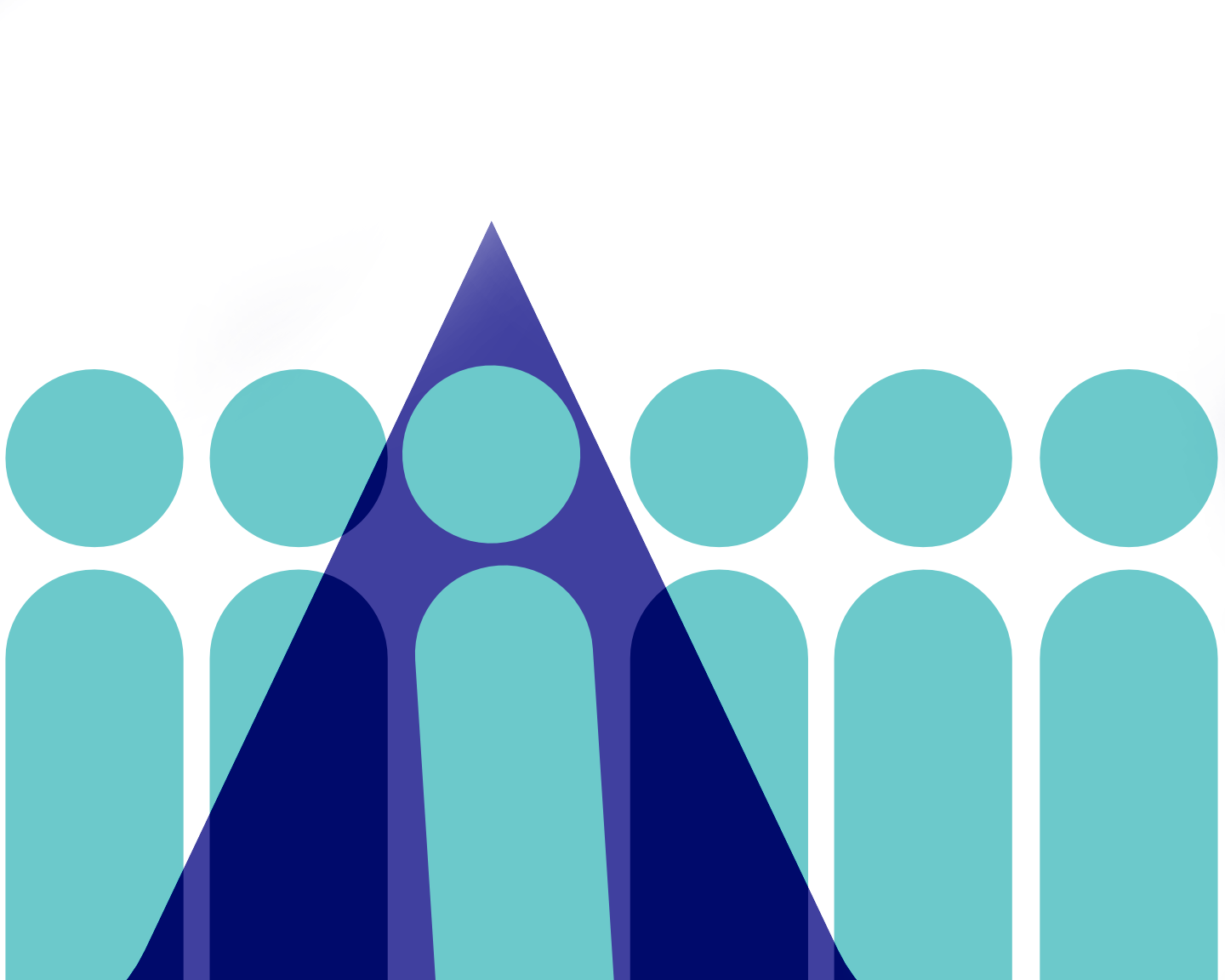Facial Recognition and AI
The Issue
A recent Digital Art installation by Dries Depoorter called “The Flemish Scrollers” highlights potential ethical risks around the use of AI in conjunction with Facial Recognition. Drawing inspiration on an earlier scandal where a politician was caught playing Angry Birds in parliament, this new project uses AI to “assess how long a representative has been looking at their phone versus the meeting in progress. If the AI detects a distracted person, it will publicly identify the party by posting the clip” to Twitter and Instagram including the individual’s user handles.
Whilst this seems like tongue in cheek humour, if a solution like this was scaled to the workplace or school rooms, it would effectively provide means to monitor all staff/students. In China, Tencent Games has already launched a time-sensitive facial recognition system, to detect minors between 10 p.m. and 8a.m.
Implications
The recent Australian Human Rights Commission (AHRC), ‘Human Rights and Technology Final Report’ highlighted the need for law reform “to provide stronger, clearer and more targeted human rights protections regarding the development and use of biometric technologies, including facial recognition”. This reflected the risk that whilst these technologies are emerging, they still have high error rates and that there were privacy implications. In the examples highlighted above, potentially naming and shaming the incorrect politician could result in unnecessary embarrassment and political attention, at the same time in China if a child is incorrectly identified it could result in incorrectly applied warnings and flags to relevant parties.

Whilst a human supervisor can override the system it again highlights the potential risks of constant monitoring to ensure output and performance. Again, highlighted in the AHRC report AI informed decision making requires reform in the immediate to near future to help protect staff and workers for AI decisions that could impact them.
Our view
The recent launch of the AHRC, ‘Human Rights and Technology Final Report’ is an important step in terms of ensuring reform that helps protects workers and individual freedoms, however as demonstrated in Belgium, China and America, technology is already in play that can monitor children and adults with implications for their work, life and privacy.

